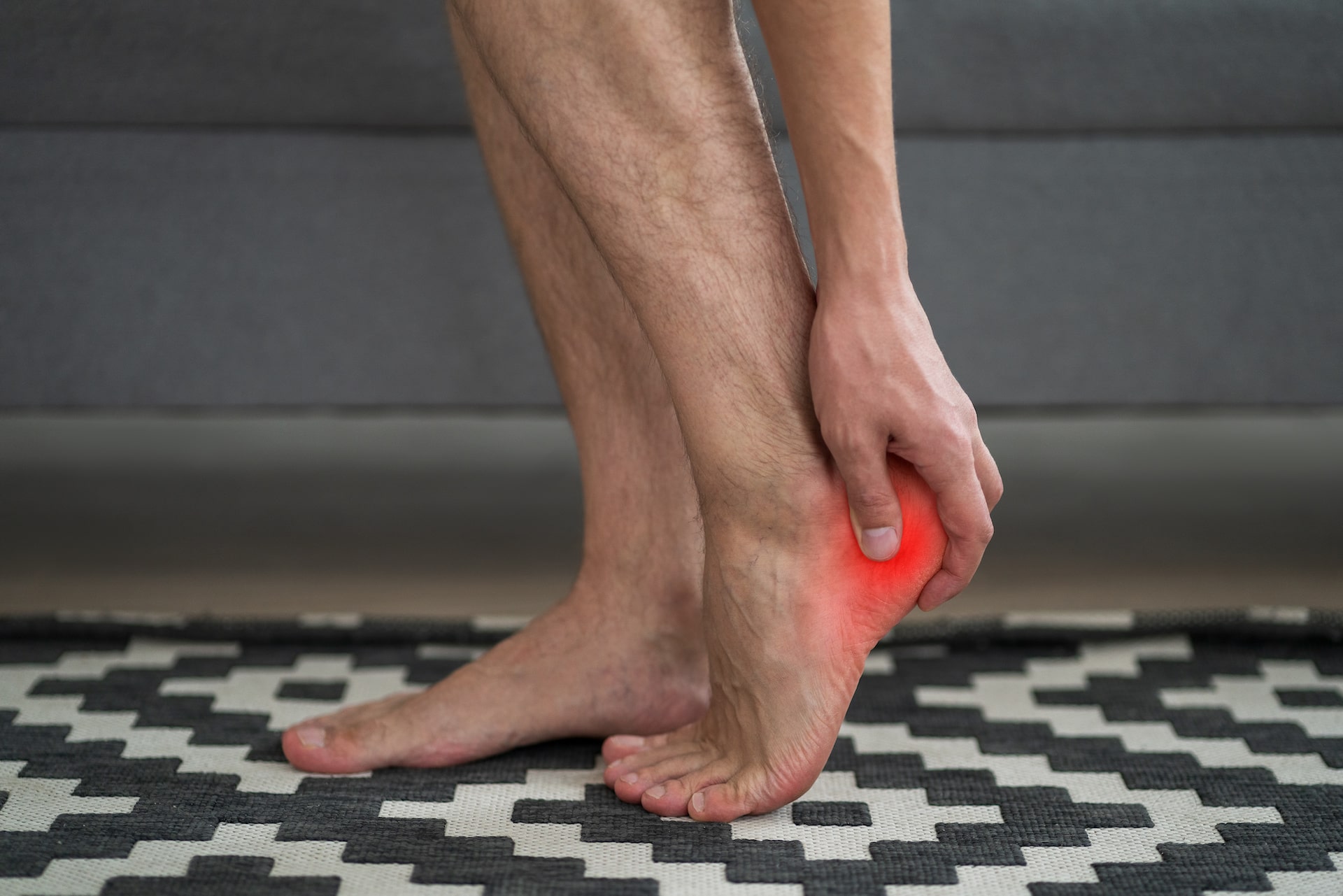The bones of the feet are particularly at risk for stress fractures due to the repetitive strain of long-distance running. These bones simply aren’t as resistant as the longer bones of the legs, and women are at far greater risk of developing such fractures. Although shorter distance running is beneficial in warding off osteoporosis in women, long-distance running tends to have the opposite effect. Women must be especially cautious with training and injury prevention and wear the proper footwear when it comes to long-distance running.
Diagnosing stress fractures
Frequently, stress fractures of the feet are not diagnosed right away, and typically start as tiny cracks in the bones that aren’t large enough to be visible on a regular x-ray. The first signs of a stress fracture are usually an increase in pain and localized point tenderness. The pain is typically persistent and increases with repeated movement or stress. For many long-distance runners, this pain prevents them from continuing their regular training, though some attempt to run through the pain. Because these fractures are difficult to diagnose right away, the athlete tends to continue training, and the additional stress sometimes causes the fracture to become larger — making it finally visible on a regular x-ray. For those who exhibit signs of a stress fracture but no signs of injury on a plain-film x-ray, a CT-scan, or MRI, then a nuclear medicine bone scan may be ordered. Stress fractures are far more likely to show up in these types of radiology studies.
Diabetes and stress fractures
Diabetics are at greater risk for foot fractures than the general running population, and at even greater risk if they engage in long-distance running. Since diabetics are at higher risk of developing peripheral neuropathy, they may not realize right away that they have a foot injury — as the symptoms of neuropathy can mask the symptoms of the fracture. After any type of long-distance run — whether a training run, marathon, or other distance event — it is important that diabetics examine their feet for signs of injury, including unusual points of warmth that don’t go away after a few hours, or symptoms such as swelling, bruising, or deformities. It is also critical to have a regular routine of podiatric foot examinations if you are a long-distance runner who suffers from diabetes.
What to expect during the examination
If you experience any foot symptoms or problems, schedule an appointment with your podiatrist at Kansas City Foot Specialists. If you suspect that your symptoms are related to running, regardless of your running distances, be sure to bring your running shoes with you, as the soles may provide clues that will aid in diagnosis. Your podiatrist will ask you about your medical history, your running and exercise habits, and other personal habits such as whether or not you smoke. Expect your feet and legs to be examined for physical signs of injury. You may also be asked to stand or walk during your examination. Depending on what your podiatrist finds during your appointment, you may be sent for radiologic studies, physical therapy, or both. Your podiatrist will also discuss a treatment plan for you which may include altering your running and fitness routines.
Treatment for stress fractures
If you are diagnosed with a stress fracture, you will likely be prescribed anti-inflammatory medications, and you will need to rest your injured foot. Rest may include casting, which can take anywhere from four to 16 weeks depending on your particular injury. You may also be asked to stay off of the injured foot completely, and will slowly be released to partial, then full weight-bearing activities. Many athletes may find it difficult to stay off of their feet for so long. Ask your podiatrist about alternative activities while you heal. Once you are released back to running, start slowly with shorter distances, and increase your distance by a maximum of 10% each week. Start out on soft surfaces as well. You may also be prescribed custom orthotics for use in your shoes. Be sure you follow your treatment plan as closely as possible to ensure that you heal completely and to also help prevent future injuries.
If you suspect that you may have a stress fracture or any other foot or lower leg disorder, please call the podiatrists at Kansas City Foot Specialists today at (913)338-4440 to schedule an appointment. We look forward to keeping you going, one foot after the other for a long time to come.



